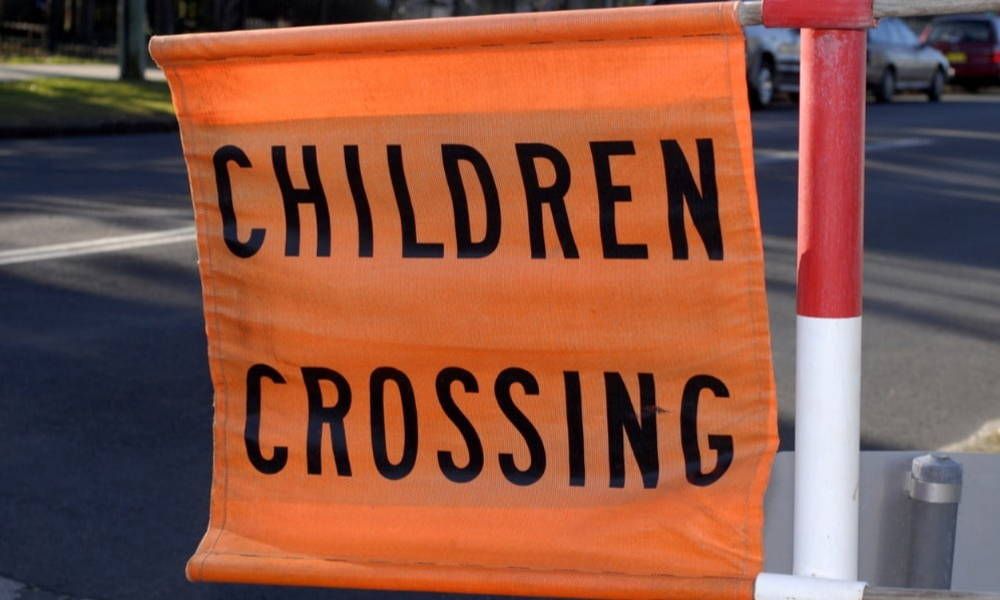On ANZAC Day we commemorate the sacrifices made by Australian and New Zealand citizens at war which allow us to live the privileged lives we do today. Generally women were not able to sign up to ‘active’ service fighting on the front, but played a key role in the war by taking on several different jobs including:
Nursing
Many nurses saw active service in military hospitals and sacrificed their own well being to take care of wounded soldiers under horrific conditions which often involved very little support and supplies.
Industrial jobs
With almost no young and middle aged men left, women stepped out of the home for the first time, and took on paid work to keep the war effort going. They took up roles such as munitions factory hands and were paid only 75% of the men’s wage. Often women were running households, looking after children and working at the same time while their husbands were in service overseas. We investigate the effects of the war on women in the workplace further in our blog 60 Years in the Workforce; a snapshot of change
The women’s ‘land army’
The Australian Women’s Land Army (AWLA) was a recruitment initiative set up in 1942 in response to labour shortages in traditionally male dominated areas such as farming. Unlike army service, there were no benefits such as pensions, deferred pay or bonuses and most women were expected to ‘step down’ after wars ended.
Doctors
A small number of women worked as doctors on the front line and risked their lives to care for the sick and injured.
Charitable work
Many women worked fund-raising, knitting or sending food and packages to troops overseas in order to encourage and uplift the troops.
War Artists
Sybil Craig, Nora Heysen and Stella Bowen were among the Official War Artists appointed by the government during World War 2 and their impressions of war are among many artworks which show us the realities of life at war.
It is clear that whilst women did not play the same role they would in war today, they certainly played an essential role in many areas of war time effort both abroad and on the home front. Today we send our respects to all of the men and women who served in wars for Australia and New Zealand, and thank them for the safe and abundant life we are able to lead.
For further reading on women at war we recommend the following articles:
State Library of Victoria Women’s War Work
Australian Government Women in War Time













